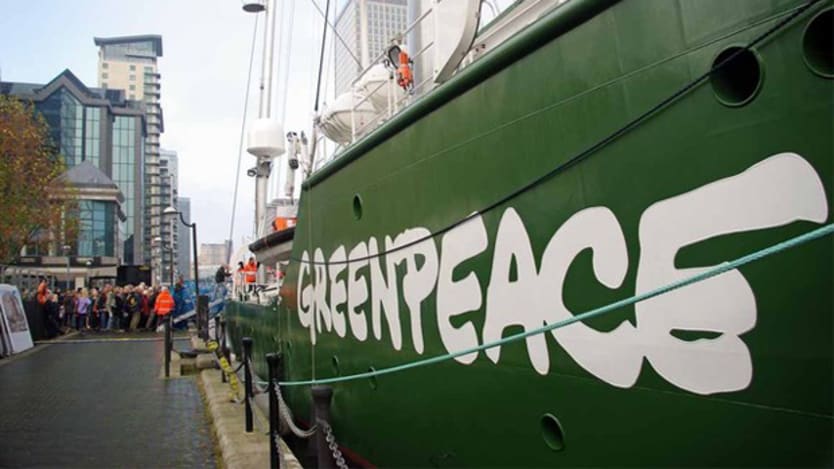
Environmental campaigning organization Greenpeace announced on Wednesday it is closing its regional headquarters in Suva, Fiji — one of the main offices that oversees the group’s several campaigns in the Pacific island nations — to give more “value for money,” a growing trend in international development.
The move was a result of an internal probe detailing the need for more accountability, especially to donors, to be more results-oriented and maintain a cost-effective approach, said Ben Pearson, Greenpeace Australia program head.
“Greenpeace undertook a review of all of our expenditures and campaigns in Australia and the Pacific region with a view of ensuring that we are delivering good value for money for our supporters,” Pearson told Devex. “We decided that we can continue to support Greenpeace campaigns, particularly oceans and climate, without a full-time presence in Suva.”
Greenpeace’s funding model differs from other local and international development organizations. They source their money from the general public, unlike the usual funding given by corporations and national governments. This setup, according to Pearson, is the reason why giving value for money becomes crucial.
“[We] get funding from the public. We don't take money from corporations and governments. As a result, we do feel a heightened obligation to make sure that we're spending our members' money well,” he explained.
Some of the organization’s continuous campaigns and initiatives include stirring discussion and action throughout the world focusing on climate change, forests, oceans, agriculture, toxic pollution, nuclear power and disasters — a glaring issue in the Pacific, one of the region’s most vulnerable to global warming.
Pearson insisted the decision to close the Fiji office will not affect Greenpeace operations in the Pacific.
“No, it really won't [affect operations in the Pacific]. The Fiji office was there to run campaigns across the Pacific and the decision that we've taken were clear that we could close the office without impacting campaigns,” he explained.
Funding woes?
Over the past two years, an increasing number of NGOs have been closing shop in Australia and New Zealand due to dwindling funds from their usual donors, both private and public, like the Mandala Foundation’s bleak future after the former AusAID announced it would not be supporting the organization anymore.
Pearson again denied the move by Greenpeace is another indication of funding woes.
“No, this was not a response to budget, whatsoever,” he noted, reiterating their unique funding model. “What we did was we reviewed our operations in the Pacific and determined that we could reduce cost by closing the Suva office without impacting the work of the campaign.”
Pearson added: “This was not driven by budget reconsiderations. It was more driven by our assessment on what are needed and where to deliver Greenpeace's global campaign.”
The organization will now serve the Pacific with one full-time staff member roving around the region. Although it’s not clear yet where this person will be based, so Australian staff will do the job for now.
So is this “value for money” approach become Greenpeace’s new policy in other parts of the world?
“At this stage, there's absolutely no prospect for that. If in the future, there's a need for people to be based full-time in the Pacific to deliver pieces of work, that's what we'll do,” Pearson concluded.
Read more development aid news online, and subscribe to The Development Newswire to receive top international development headlines from the world’s leading donors, news sources and opinion leaders — emailed to you FREE every business day.
See more:








